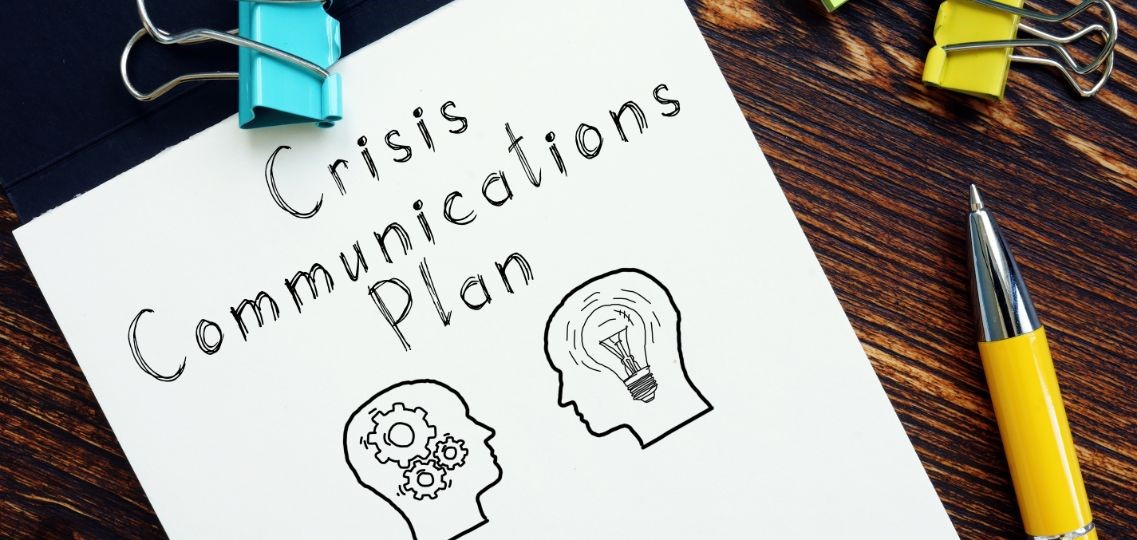Second in a Three-Part Series
Everyone would agree that the best way to manage a crisis is not to have one. But a crisis could hit any business or organization at any time. The “it won’t happen to me” belief is flawed, so a crisis communication plan is essential.
Every crisis plan is different, developed for the precise needs of a specific business. A generic, off-the-shelf plan could seem like a quick and inexpensive solution, but when it’s time to execute, the generic plan is comparable to a GPS without a map.

So, how do you begin developing a plan? The process could seem daunting, but together with a seasoned crisis counselor, you and your team will develop the map to guide you to effective management of a crisis, if one ever occurs. And if you never need to use the plan, the process of developing it will provide tremendous insight into your organization and your industry.
A strategic crisis communication plan comprises four phases:
- Proactive
- Strategic
- Reactive
- Recovery
Among the contents included in a plan are the following:
- Organization's constituents
- Risk assessment
- Crisis response team
- Chain of command
- Management of communication
- Strategies for managing media during a crisis (the next blog in our series)
- Post-crisis/business resumption considerations
An individualized plan, developed specifically for your organization, will address each of the four phases in great detail, taking into consideration your objectives for managing a crisis, roles and responsibilities, the best channels for communicating with each constituent group, messaging and how to manage media (traditional and social, as well as those you own) during a crisis.
When developing your plan in conjunction with your employees, we will drill down to identify your realities:
- What’s happening in your industry and how might that affect you?
- Where are you vulnerable?
- Who are your allies? Who are your detractors?
- Who's your spokesperson in a crisis - and how do you make that determination?
- How might the crisis affect your employees?
- How will you evaluate the effect of the crisis on your brand?
- How will you measure recovery?
- How will you determine the effectiveness of your plan?
It's a lot to think about. And you certainly cannot do it effectively during a crisis. You plan for it. Your crisis communication plan will prevent confusion, minimize disruption, protect your brand and lead to a smooth and successful resumption of business.
As I said in my first blog post, a crisis plan will never anticipate every possible scenario. But it will enable you to manage what you can anticipate, clearing the way for you to address the unanticipated.
If you’d like to talk about how your company can develop a crisis plan, let’s meet. Tell me your address, and I’ll plug it into my GPS. It has maps.
